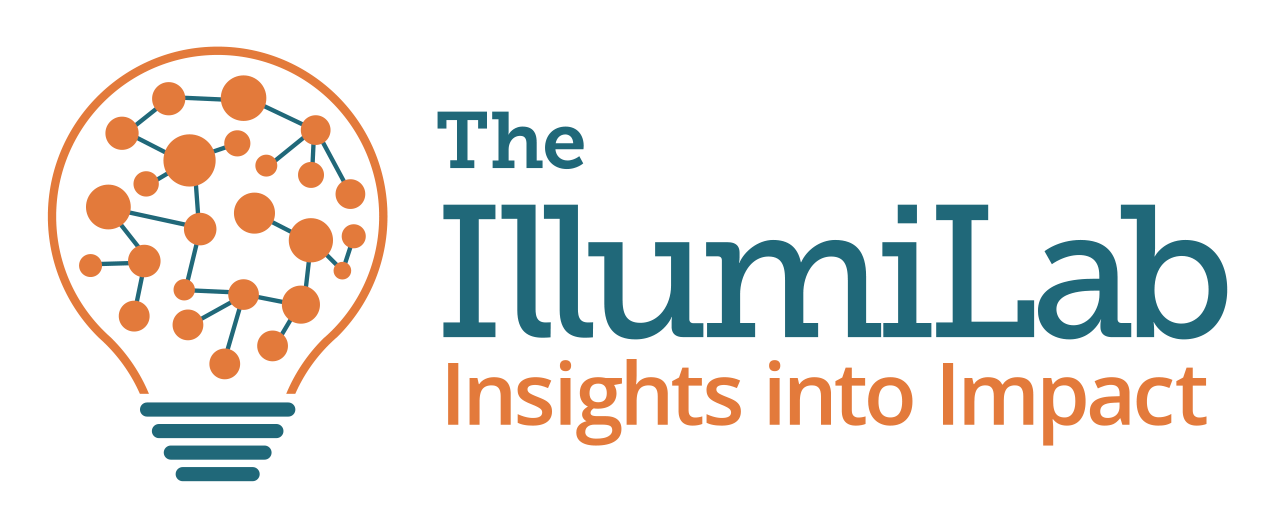Management and quality guru W. Edwards Deming said, “Without data, you’re just another person with an opinion.” Does that sound like one of your committee meetings? Lots of opinions?
Do your committees glance at reports you spent hours preparing and then say things like, “And?” or “So?” or “Yeah, but . . .” Do your committees make decisions independent of, or in contradiction of, what your data is suggesting? Do your committees ask for more meaningful and useful information to guide their work? These are only a few of the challenges my clients have been facing.
Nonprofits form Board committees to help guide and support their most critical functions – governance, programs, finance, fundraising, quality, etc. – but often, those committees don’t feel they have the information and direction they need to be effective. In those cases, committee meetings become rote. We go through the motions sending reports and agendas, reviewing reports, voting on things that aren’t really decisions, and then repeating that cycle quarterly. You know what that is? A waste of time and energy. And you know how I hate waste!
So, how can you use data to equip and empower your Board to engage more meaningfully and confidently in their roles? Give them the right information and data!
First, they need to know what their role is! If they aren’t clear on what you need them to do, they won’t know what information would help them do it well.
Defining Committee Roles
The data your committees need will depend on the roles you expect them to play in your work. Here are just a few examples:
- Direction setters – they set the organization’s direction and priorities and defer to staff for execution
- Representatives or reporters – they gather feedback and “news from the field” and report back to the Board and staff
- Advisers or thought partners – they participate in idea generation, brainstorming, visioning
- Decision Makers – they review options presented to them and make final decisions
- Overseers – they monitor activities and progress to ensure fidelity to models or strategies
- Doers – alongside staff, they execute plans, create deliverables, and do the work of the agency
When a committee operates in each of these roles, they need different kinds of data, at different levels of detail, presented in different kinds of formats.
So, before you can determine what data would help your committees, you need to know how you want your committees to help you.
Data that can Drive Decisions
A couple months ago, I wrote a post about how organizations can apply evaluative thinking to all of their operations to ensure that they are being reflective and responsive as they make decisions and plans. When your leaders start thinking evaluatively by challenging assumptions, encouraging curiosity, and focusing on improvement, their appetite and need for data will grow.
I like to categorize data needs according to the four components of a Logic Model, not just for programs but for any goal-directed effort. For each program, initiative, or strategic objective, what data does your Board need in order to understand:
- Outcomes – the impact of the effort?
- Outputs – what’s been produced or delivered?
- Activities – what’s been done?
- Inputs – what’s been used?
For some ideas, check out this comprehensive list of the kinds of data that Boards and committees can use to inform their work.
Also, think beyond data that describes the organization’s efforts only and its current situation. What data can help your Board anticipate and leverage future opportunities, anticipate and mitigate potential threats, and be ready for changes in the landscape? Consider tracking indicators of change in your sector – unmet needs, funding shifts, changes in target populations, trends in policy, and community-level indicators of well-being and need, for example. What will they be asking themselves the next time they have to make a strategic decision, and what data will help them answer those questions?
The Bottom Line
Know what you want your Board and committees to help you do, and then give them the information that will help them do that well.

